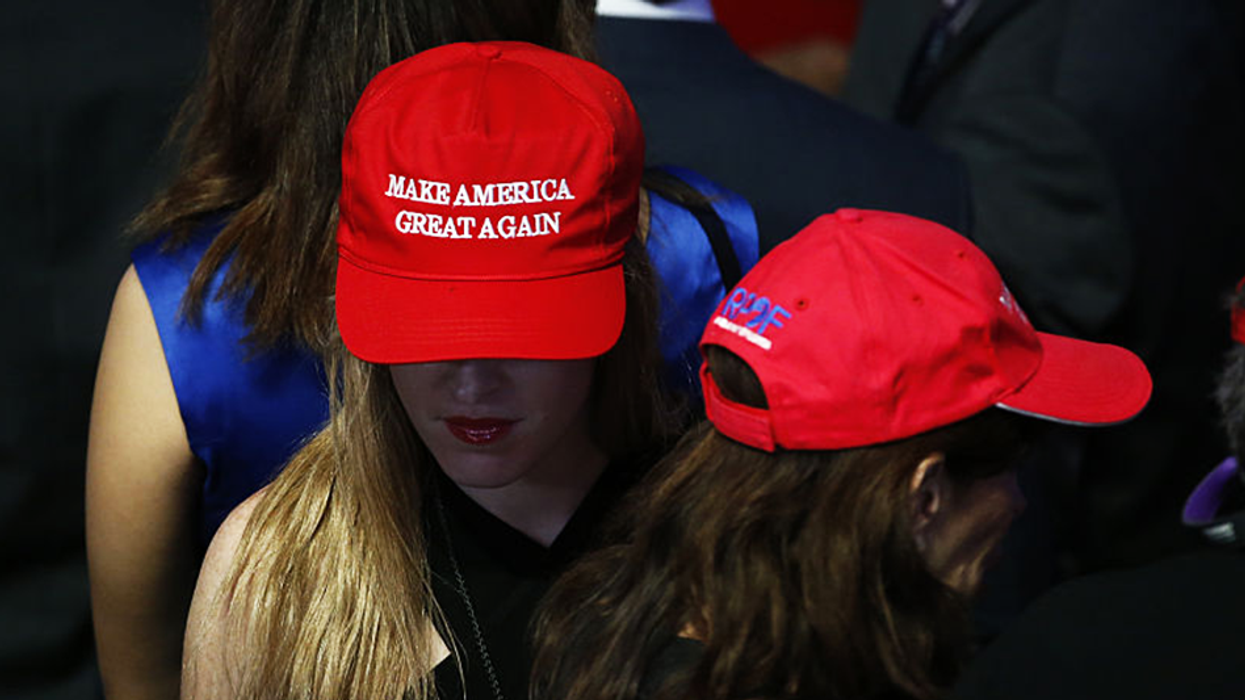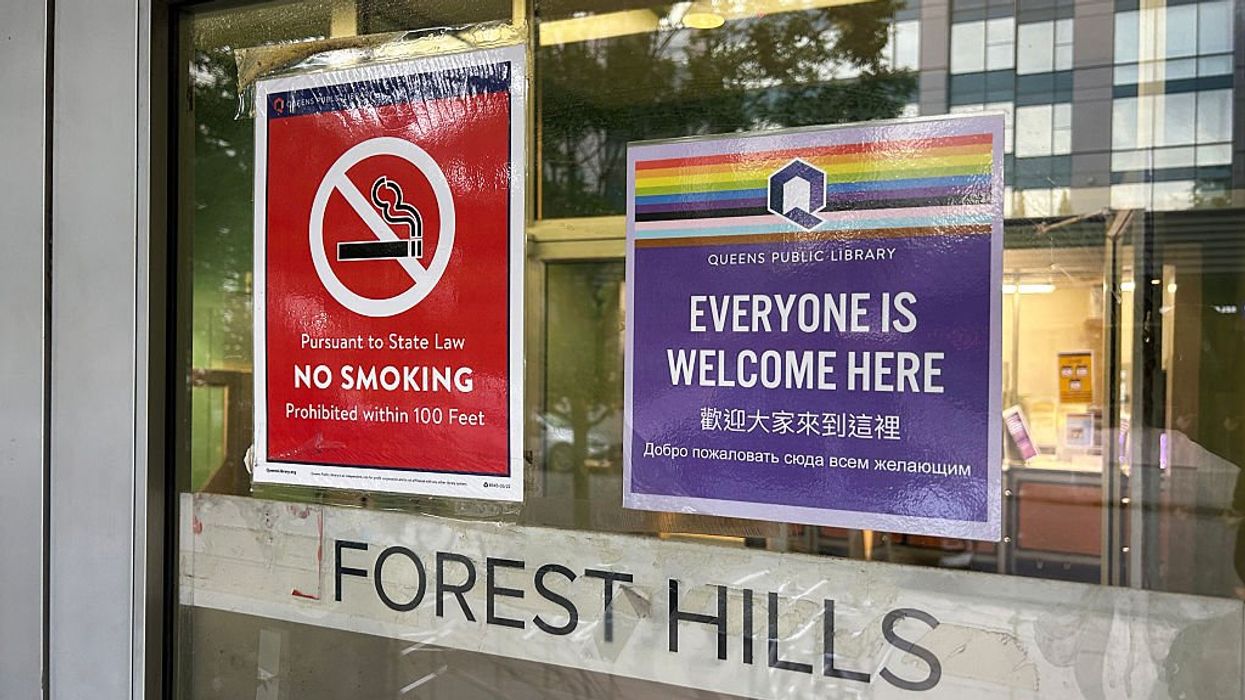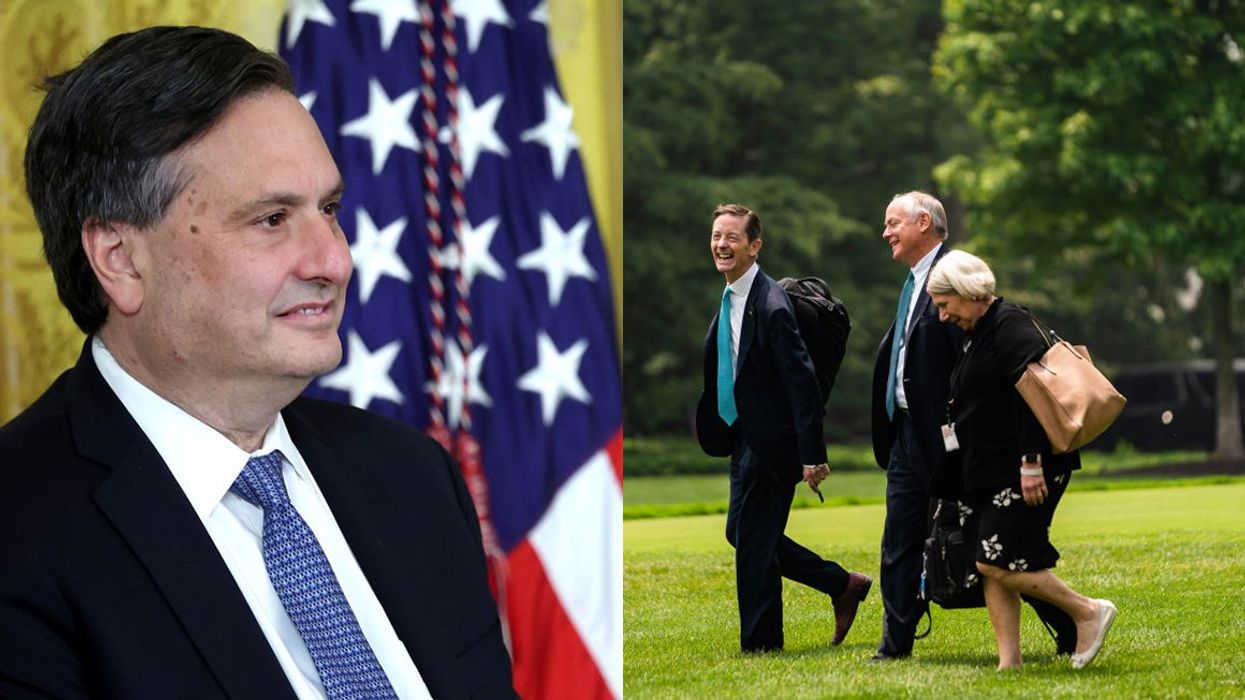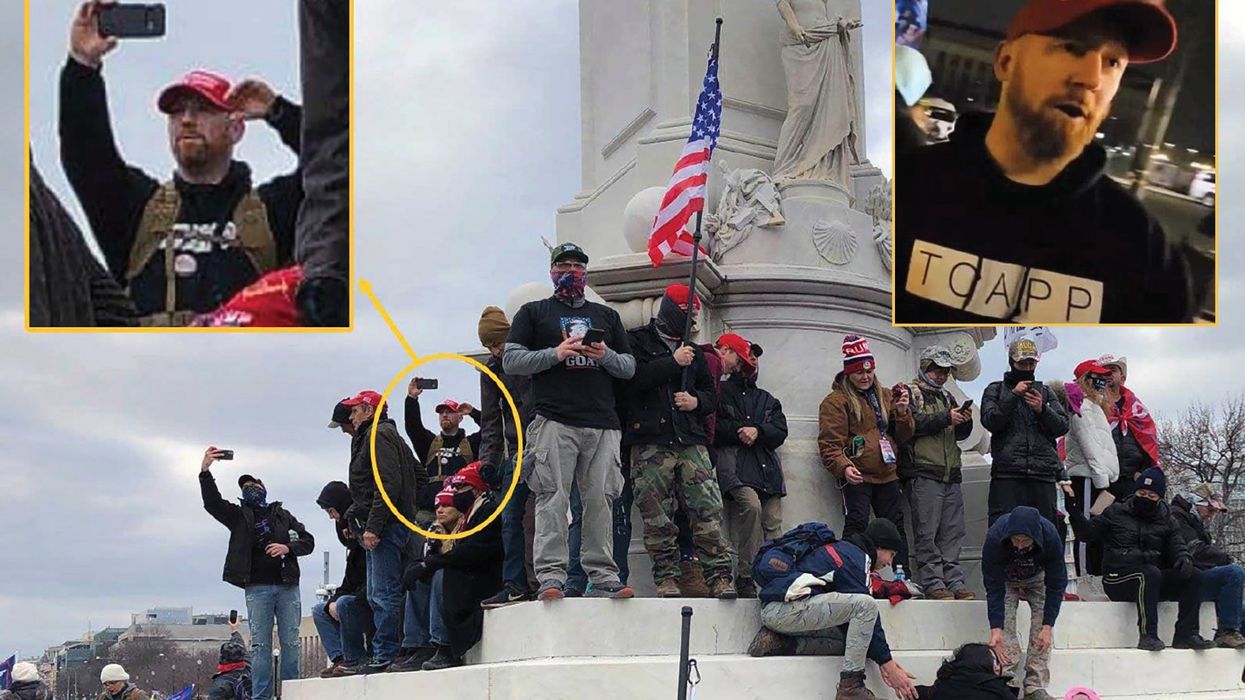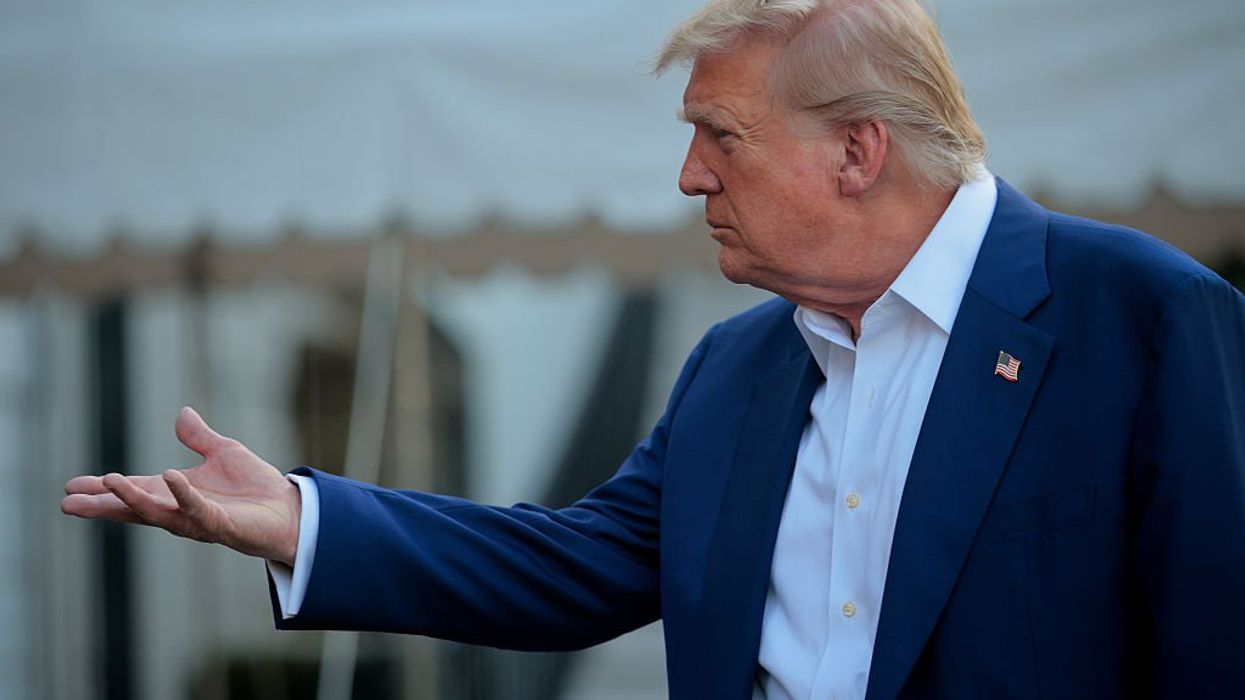© 2025 Blaze Media LLC. All rights reserved.
Will the Obama Admin Cave to Islamists' Demands During This Week's Religious Tolerance Conference?
December 12, 2011
"Why is our government bending to Taliban values here on the home front?"

WASHINGTON (The Blaze/AP) -- Seeking to bolster relations with Muslim countries angry about Western characterizations of Islam, the Obama administration has gathered representatives from more than two dozen governments this week in an effort to address religious intolerance around the world. Some, though, are fearful that the U.S. government will be convinced by Islamic participants to crack down on Americans' free speech rights.
To critics, the three-day conference in Washington smacks of appeasement toward hardline Islamist governments with often dismal anti-discrimination records of their own. U.S. officials say they're simply promoting education and understanding, while also rejecting any demands from Arab states and other countries that want restrictions on free speech.
Last month, Fox News reported the following about the conference:
A looming meeting with Islamic leaders hosted by the State Department has religious scholars and advocacy groups warning that the United States may "play into" the push by some Islamic nations to create new laws to stifle religious criticism and debate.The meeting on religious tolerance, which is scheduled for mid-December, would involve representatives of the Organization of Islamic Cooperation -- a coalition of 56 nations which more or less represents the Muslim world. [...]
A key worry is that the meeting could become a platform for Islamic governments to push for hate-speech laws which, in their most virulent and fundamentalist form, criminalize what they perceive as blasphemy.
"We know that some people distort various religious doctrines to justify intolerance, foment violence or create strife that serves their narrow political purposes," said Suzan Johnson Cook, U.S. ambassador at large for international religious freedom. She said offensive speech ought to be denounced, but that "religion must never be used as an excuse to stifle freedom of expression."

The dialogue comes after years of complaints from Muslim governments about perceived offenses against their faith. As examples they cite irreverent European cartoons of the prophet Muhammad and a small Florida church group's burning of the Quran, and have advocated international rules to protect religious symbols and beliefs from mockery.
But the United States and European countries have sought to block what would essentially amount to an international ban on blasphemy that would be incompatible with free speech laws in the West.
American officials believe a compromise struck in March at the U.N. Human Rights Council broke the impasse. The divisive notion of interdicting "religious defamation" was dropped as countries agreed to work together to battle intolerance and the incitement of violence against people for their religious beliefs. And at an interfaith conference in July in Turkey, Secretary of State Hillary Rodham Clinton joined others in promoting the effort as a way to safeguard religious freedom without compromising free speech.

The improved atmosphere, the U.S. hopes, will allow officials also to examine bans on blasphemy and apostasy in the Muslim world. The assassinations earlier this year of two prominent critics of Pakistan's blasphemy law -- Punjab governor Salman Taseer and national minority minister Shahbaz Bhatti -- have focused attention on laws in the Islamic world used regularly to persecute Christians or silence minority dissent.
Nine European countries, three from Latin America and nine in the Organization of the Islamic Conference are among those that sent officials to the conference. The United Nations also is participating.
Still, conservative critics of the Obama administration said the administration was kowtowing to Muslim countries.
"Why is it that the U.S. Constitution must come second when representatives from Islamic countries such as Saudi Arabia and Pakistan demand we must curb our religious liberties and free speech?" asked Andrea Lafferty, president of the Traditional Values Coalition. "Why is our government bending to Taliban values here on the home front?"
Want to leave a tip?
We answer to you. Help keep our content free of advertisers and big tech censorship by leaving a tip today.
Want to join the conversation?
Already a subscriber?
Billy Hallowell is a digital TV host and interviewer for Faithwire and CBN News and the co-host of CBN’s "Quick Start Podcast."
Billy Hallowell
Billy Hallowell is a digital TV host and interviewer for Faithwire and CBN News and the co-host of CBN’s "Quick Start Podcast."
more stories
Sign up for the Blaze newsletter
By signing up, you agree to our Privacy Policy and Terms of Use, and agree to receive content that may sometimes include advertisements. You may opt out at any time.
Related Content
© 2025 Blaze Media LLC. All rights reserved.
Get the stories that matter most delivered directly to your inbox.
By signing up, you agree to our Privacy Policy and Terms of Use, and agree to receive content that may sometimes include advertisements. You may opt out at any time.
